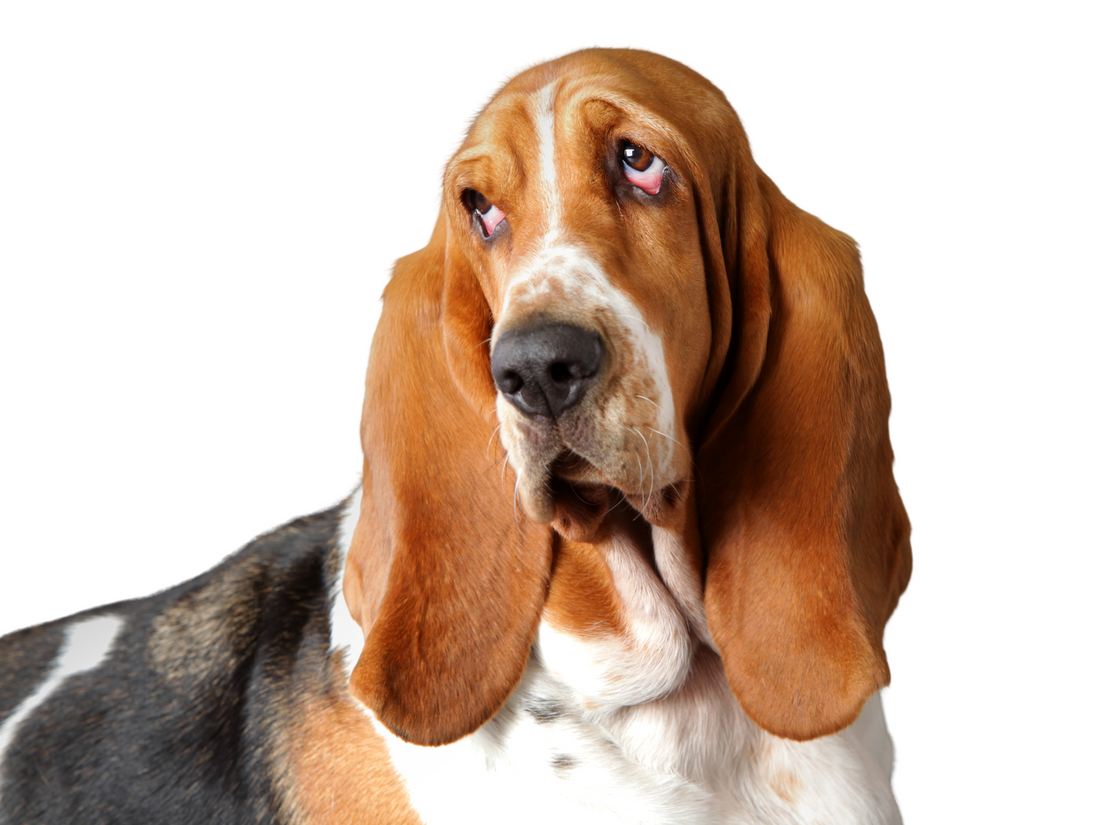
The Affectionate Basset Hound: A Comprehensive Guide for Dog Owners
Share
The Basset Hound
The Basset Hound is a breed beloved for its distinctive appearance, gentle nature, and excellent scent-tracking abilities. With its long ears, droopy eyes, and soulful expression, the Basset Hound is both a charming companion and an effective hunting dog. This guide will explore the Basset Hound's history, characteristics, care needs, and more, offering valuable insights for both prospective and current owners.
History and Origin
The Basset Hound's history dates back to France, where the breed was developed for hunting small game such as rabbits and hares. The word "Basset" comes from the French word "bas," meaning "low," which aptly describes the breed's short stature. Basset Hounds are descended from the St. Hubert Hound, a breed that contributed to the development of many scent hounds. They were brought to England in the 19th century, where they gained popularity for their hunting prowess and unique appearance. Today, Basset Hounds are cherished as both hunting companions and family pets.
Physical Characteristics
Basset Hounds are easily recognizable by their long ears, droopy skin, and short, sturdy legs. They typically stand between 11 to 15 inches tall at the shoulder and weigh between 40 to 65 pounds. Their dense, short coat can come in a variety of colors, including tri-color (black, white, and brown), red and white, and lemon and white. Bassets have a broad head with a pronounced occipital bone, large, soulful eyes, and a deep chest. Their long ears help trap scent particles, enhancing their ability to track scents.
Temperament and Personality
Basset Hounds are known for their friendly, gentle, and laid-back nature. They are highly affectionate with their families and form strong bonds with their owners. These dogs are generally good with children and other pets, making them excellent family companions. Bassets have a calm demeanor but can be quite stubborn and independent, traits that reflect their hunting background. Despite their occasional stubbornness, they are usually eager to please and enjoy spending time with their families.
Exercise and Training Needs
While Basset Hounds are not as high-energy as some breeds, they still require regular exercise to stay healthy and prevent obesity. Daily walks, playtime, and mental stimulation are important. Bassets have a strong sense of smell and enjoy scent-based games and activities. Training can be a challenge due to their independent nature, but with patience and positive reinforcement, they can learn basic obedience and even some tricks. Early socialization is important to ensure a well-adjusted and confident dog.
Grooming and Care
The Basset Hound's short coat is relatively low-maintenance, requiring only occasional brushing to remove loose hair and keep it looking healthy. They do shed, so regular grooming can help manage this. Bassets are prone to ear infections due to their long ears, so regular ear cleaning is essential. Other grooming needs include regular baths, nail trimming, and dental care. Despite their sturdy appearance, Basset Hounds can be prone to certain skin conditions and should be monitored for any signs of irritation or infection.
Health and Lifespan
Basset Hounds are generally healthy dogs but can be prone to certain health conditions. These may include hip dysplasia, elbow dysplasia, ear infections, and bloat. Regular veterinary check-ups, a balanced diet, and adequate exercise can help maintain their health. The average lifespan of a Basset Hound is around 10 to 12 years, with many living well into their teens with proper care.
Living with a Basset Hound
Basset Hounds are adaptable dogs that can thrive in various living environments, including apartments, provided they get enough exercise. They are social and enjoy being involved in family activities. While they are generally good with children, supervision is advised around young kids due to the Basset's sturdy build and potential for back issues. They can coexist with other pets if properly socialized from a young age. Bassets are known for their vocal nature and may bark or howl, particularly when they catch an interesting scent.
Finding a Basset Hound
If you’re considering adding a Basset Hound to your family, it’s important to find a reputable breeder or consider adopting from a rescue organization. Responsible breeders will provide health clearances for their dogs and allow you to meet the puppy’s parents. Rescue organizations often have Basset Hounds looking for loving homes, and they can be a great option for finding an adult dog.
The Basset Hound is a breed that combines a gentle nature, distinctive appearance, and excellent scent-tracking abilities. While they require regular exercise and grooming, the rewards of owning a Basset Hound are immense. They bring loyalty, affection, and a unique charm to any household. If you’re prepared for the responsibility, a Basset Hound can be a wonderful and devoted addition to your family.